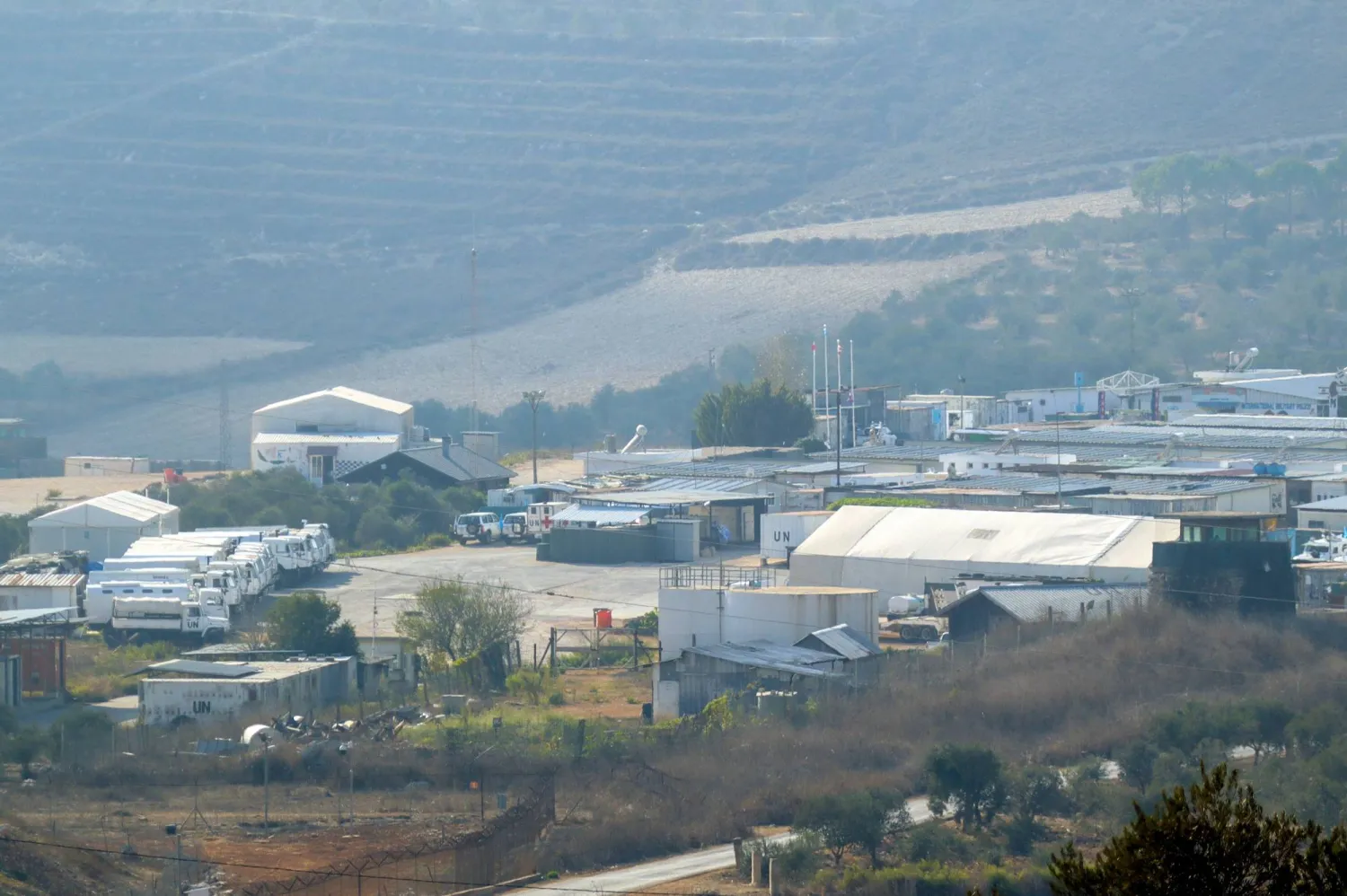Strengthening Lebanon's army will be crucial to implementing a key United Nations Security Council resolution that aims to keep peace on the country's border with Israel, the United States and France said on Thursday.
Deputy US Ambassador Robert Wood told a meeting of the 15-member Security Council that the international community must focus its efforts on strengthening Lebanese state institutions, Reuters reported.
"The solution to this crisis is not a weaker Lebanon. It's a strong and truly sovereign Lebanon, protected by a legitimate security force, embodied in the Lebanese Armed Forces," he said.
A UN peacekeeping mission -known as UNIFIL- is mandated by resolution 1701, adopted in 2006, to help the Lebanese army keep its southern border area with Israel free of weapons or armed personnel other than those of the Lebanese state. That has sparked friction with the heavily armed, Iran-backed Hezbollah.
A year ago Hezbollah began firing at Israel in support of Palestinian militant group Hamas at the start of the Gaza war.
The conflict has escalated in recent weeks as Israel carried out air strikes and launched a ground incursion in Lebanon's south.
French UN Ambassador Nicolas de Riviere said an immediate ceasefire was needed and that a proposal for a 21-day truce -put forward by France and the US last month- still stands. Wood said the US was working toward a diplomatic solution, but made no mention of a ceasefire.
Lebanon's acting UN Ambassador Hadi Hachem told the council that "only diplomatic solutions and the implementation of international resolutions, the commitment to international law and international humanitarian law is the means to end this war and this aggression."
'DO THE JOB'
Israel's UN Ambassador Danny Danon told the council that resolution 1701 must be enforced, along with resolution 1559, which was adopted in 2004, and "calls for the disbanding and disarmament of all Lebanese and non-Lebanese militias."
"We are fulfilling our obligations to ensure this, and the council must support us in our efforts," he said.
De Riviere told the council that one of the goals of a conference that France plans to hold on Lebanon on Oct. 24 was to guarantee Lebanon's sovereignty.
"We want heightened support for Lebanese institutions, in particular, the Lebanese Armed Forces," he said, later telling reporters: "We need the Lebanese Armed Forces to be deployed to the south and do the job ... What we need to do is to make sure that the Lebanese Armed Forces are properly equipped and trained."
UN peacekeeping chief Jean-Pierre Lacroix said that UNIFIL was ready to support all efforts towards a diplomatic solution.
"UNIFIL is mandated to support the implementation of resolution 1701, but we must insist that it is for the parties themselves to implement the provisions of this resolution," he told the Security Council.
The resolution bans all parties from crossing the Blue Line - a UN-mapped line separating Lebanon from Israel and the Israeli-occupied Golan Heights - by ground or air. UN officials have for years reported violations by both sides.
France, US Push at UN for Stronger Lebanese Army

The base of the United Nations Interim Forces in Lebanon (UNIFIL) in Ebel El Saqi Marjayoun District, southern Lebanon, 10 October 2024. EPA/STRINGER

France, US Push at UN for Stronger Lebanese Army

The base of the United Nations Interim Forces in Lebanon (UNIFIL) in Ebel El Saqi Marjayoun District, southern Lebanon, 10 October 2024. EPA/STRINGER
لم تشترك بعد
انشئ حساباً خاصاً بك لتحصل على أخبار مخصصة لك ولتتمتع بخاصية حفظ المقالات وتتلقى نشراتنا البريدية المتنوعة







